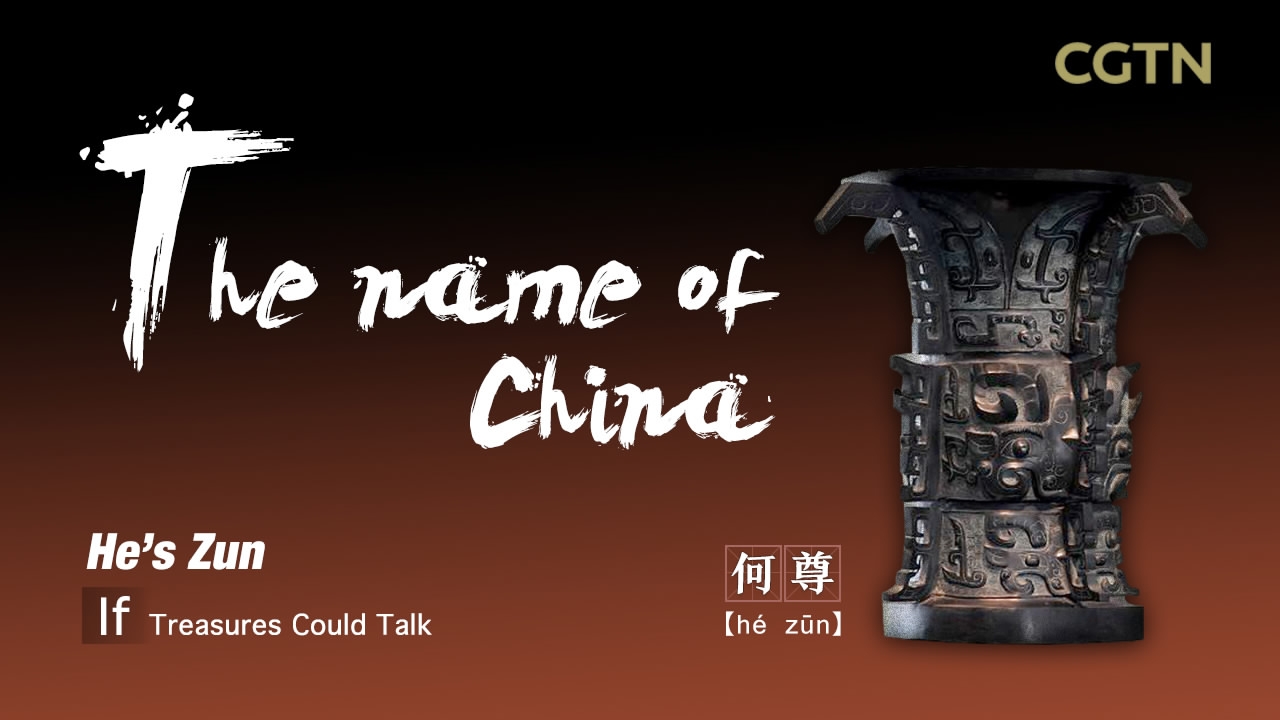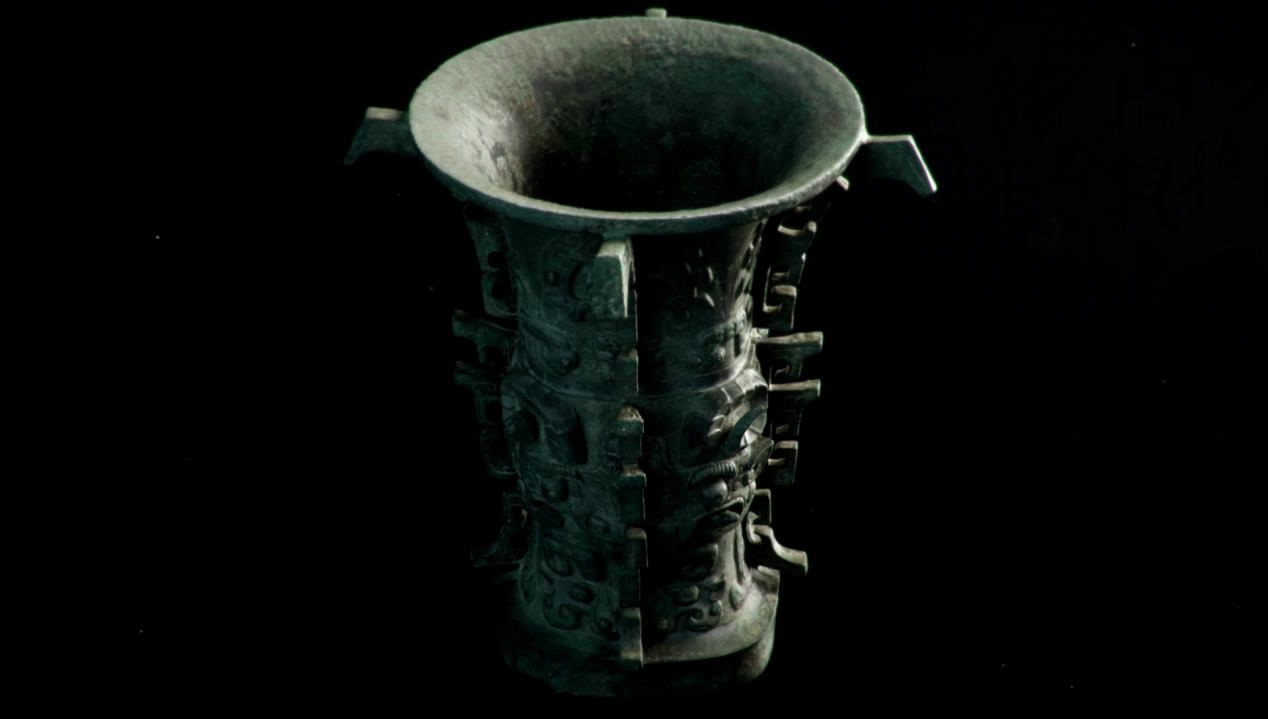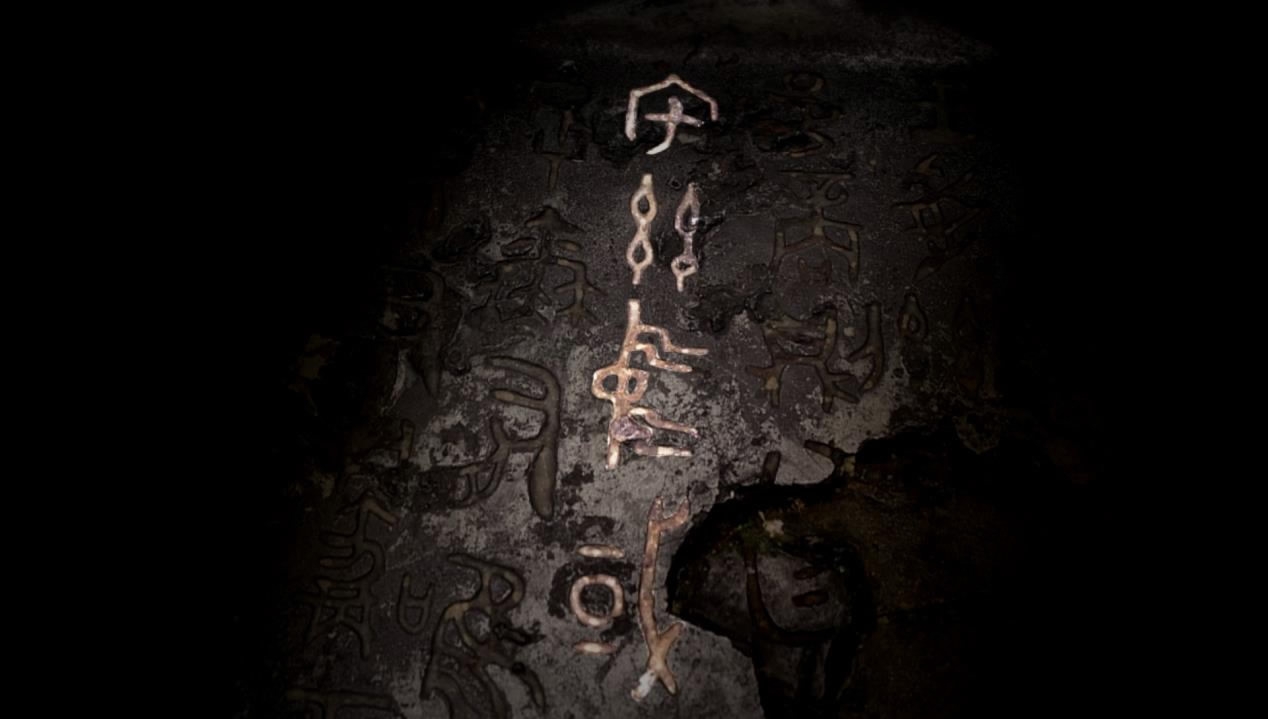
Culture
19:48, 19-Apr-2018
If Treasures Could Talk: How China’s Name Originated
By Special Feature and Documentary Programming & Culture Express
05:01

The 14th episode in CGTN’s special series “If Treasures Could Talk” features a bronze zun dating from the early years of the Zhou Dynasty (1100-221 B.C.).
Three thousand years ago, there lived two young cousins. Their fathers had fought together to establish a new dynasty, Zhou. One of the young men was the king, Cheng of Zhou. The other was called He.
King Cheng was just 10 years old when he ascended the throne. He was fortunate, because he had the support of his uncle, the Duke of Zhou, a man later praised by Confucius for his statesmanship.

A file photo of He’s Zun. /Photo via Baoji Museum of Bronze Vessels
A file photo of He’s Zun. /Photo via Baoji Museum of Bronze Vessels
He’s father had served the old king well, and he himself wanted to do the same for his successor.
As a sign of his loyalty, he decided to present the king with a bronze zun or ritual wine vessel. He had an inscription made on it, describing the feats performed by King Cheng and their mutual ancestors.
The 122-character inscription contains the phrase “zhai zi zhong guo”. This is the first recorded use of Zhongguo, the modern Chinese word for China. Zhaizi means ‘to live here’.
In ancient ideographs, banners raised around a city form a “zhong”, or “center”. Combining “river” and “soldier” forms “guo”, the word for country. So, “zhongguo” meant the center of the kingdom.

Epigraph on He's Zun, meaning "Living in the center of the kingdom". /Photo via Baoji Museum of Bronze Vessels
Epigraph on He's Zun, meaning "Living in the center of the kingdom". /Photo via Baoji Museum of Bronze Vessels
This is a reference to Chengzhou, the new capital established by King Cheng near today’s Luoyang.
Over the next 3,000 years, as dynasties rose and fell, the word Zhongguo evolved to mean a geographical, political, and cultural center.
In 1963, He's gift to his cousin, the king, was unearthed from a hill in Shaanxi Province. The 122 characters on it, once deciphered, revealed the origin of the name of China.

SITEMAP
Copyright © 2018 CGTN. Beijing ICP prepared NO.16065310-3
Copyright © 2018 CGTN. Beijing ICP prepared NO.16065310-3